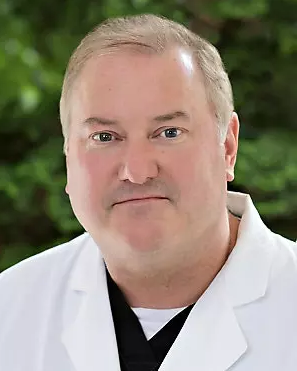One in five heart attacks is “silent,” meaning it goes unrecognized because it doesn’t have the well-known heart attack symptoms of chest pain, upper body pain or sweating. Medically, a silent heart attack is known as a silent myocardial infarction and just like a regular heart attack, a silent one occurs when blood flow is blocked from reaching the heart muscle by a buildup of plaque in the coronary artery.
Could You Have a Heart Attack Without Realizing it?
Many people who experience a silent heart attack later learn they had one when they go to their primary care provider for a yearly physical or because they’re having persistent health symptoms, like shortness of breath or fatigue.
Symptoms
The symptoms of a silent heart attack can be mild and brief. They may include mild pressure, fullness or squeezing in the center of the chest; unexplained fatigue; discomfort in the jaw, neck, throat, back or stomach; discomfort in a single extremity; dizziness; nausea; or shortness of breath.
Many people who have a silent heart attack report mistaking their symptoms for another condition, such as heartburn, food poisoning, a bad flu or a muscle strain in the chest or upper back. Some people have no symptoms at all and only discover they have had a heart attack at a later medical visit. The only way to know if you’ve had one is to be evaluated by your doctor.
Risk Factors
The risk factors for a silent heart attack are the same as for a regular heart attack. They include diabetes, lack of exercise, being overweight, high blood pressure, high cholesterol, smoking or chewing tobacco, age, and family history of heart disease.
Complications
A silent heart attack is just as serious as a regular heart attack because it increases the risk of a potentially fatal heart attack in the future. They can also cause damage to your heart muscle, which can lead to loss of consciousness, valve problems, heart rhythm disorders and heart failure.
People who have had a silent myocardial infarction and don’t seek treatment have a three times higher risk of dying from coronary artery disease.
When to Seek Medical Care
Listen to your body. If something doesn’t feel right, get medical care right away. If you think you may be having a heart attack, call 911. Time is of the essence when a heart attack happens and you need to know when to take action. The sooner medical treatment begins, the better the chances of survival and preventing heart damage.
Pardee’s is one of only two designated PCI-receiving hospitals in WNC, meaning our Emergency Department is equipped to handle heart attacks around-the-clock. With our team of interventional cardiologists and our on-site cardiac catheterization lab, we can open blocked arteries within minutes and minimize damage to your heart muscles. To learn more about our 24/7 heart care program, visit pardeehospital.org/hearts-cant-wait.





